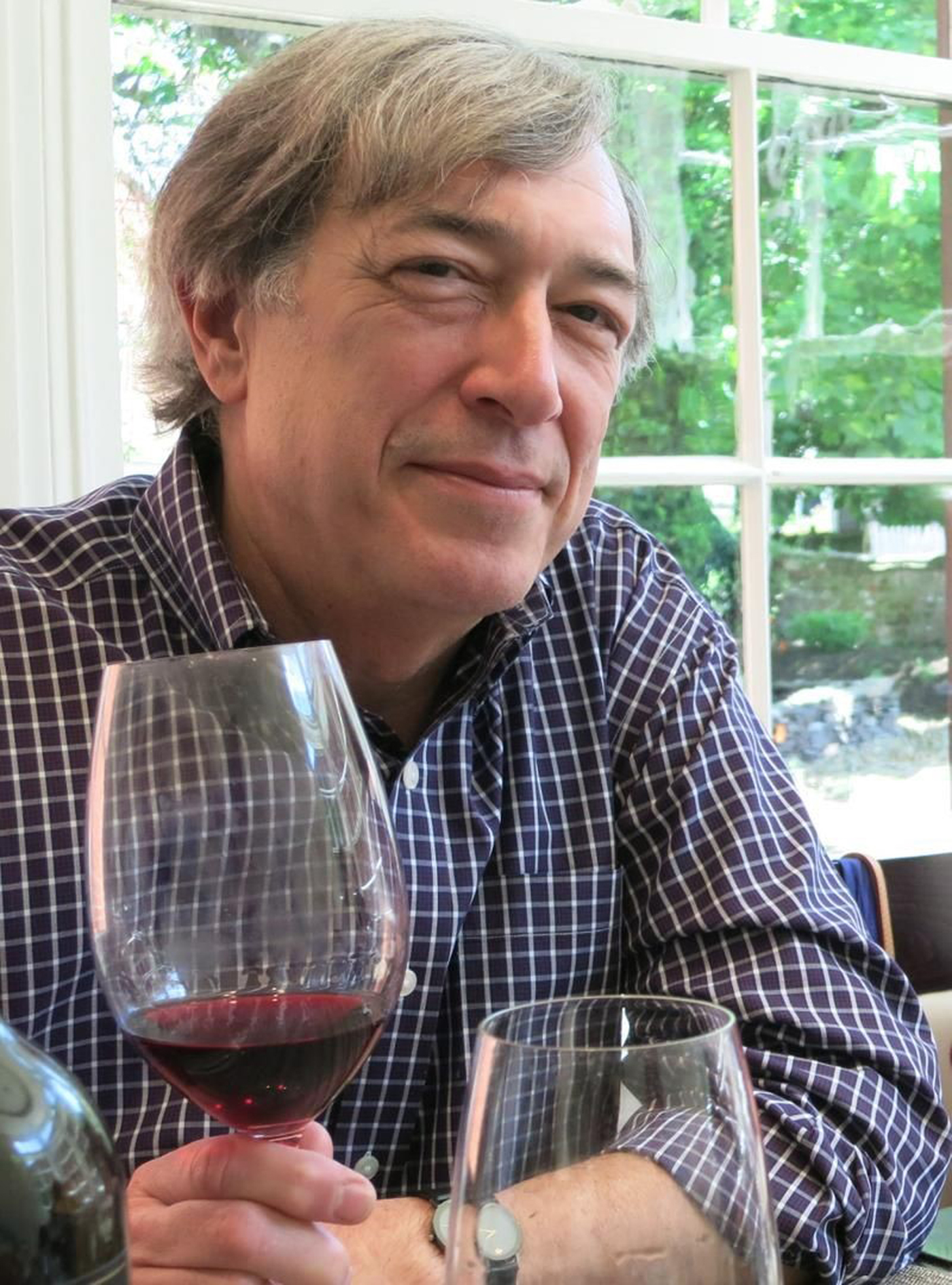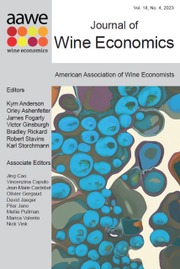
The American Association of Wine Economists (AAWE) and the wine economics community were saddened to learn of the passing of Dr. Stephen Barry Chaikind on April 11, 2018 after a brief illness. He was 68 years old.
Dr. Chaikind was born on August 22, 1949, in New York City. He earned a Bachelor of Business Administration degree from Baruch College–The City University of New York (CUNY) in 1971, a Master's degree in economics from the City College of New York in 1974, and a Doctor of Philosophy degree, also in economics, from the Graduate Center of the City University of New York in 1978.
His first job after completing his doctorate was with the Congressional Budget Office as Principal Analyst and Economist (1977–1984). In 1984, he became Chief Economist for Decision Resources Corporation, a large healthcare research and consulting company (1984–1989).
In 1989, Dr. Chaikind joined Gallaudet University in Washington DC, where he was a professor in the Department of Business until 2012. Upon his retirement, he was named Professor Emeritus. From 2011–2015, he also was an Adjunct Professor at Johns Hopkins University's Master of Science in Applied Economics program.
Dr. Chaikind became a member of the AAWE in 2009 and, until his death, was one of its driving forces. Beginning with the Annual AAWE Conference in Reims (Champagne, France), he and his wife of 35 years, Hinda Chaikind, were active AAWE conference attendees. Dr. Chaikind contributed to the conferences with numerous research presentations and chaired several conference sessions. He compiled a comprehensive and well used list of Sources for Wine Economics Data for researchers, which is posted on AAWE's website. He also contributed many thoughtfully written book reviews for the Journal of Wine Economics. In the fall of 2012, his paper “The Role of Viticulture and Enology in the Development of Economic Thought: How Wine Contributed to Modern Economic Theory,” in which he examines the works by Adam Smith, David Ricardo, Karl Marx, John Stuart Mill, Léon Walras, Alfred Marshall, and others, was published in the Journal of Wine Economics. “…wine's ubiquitous presence throughout civilized history has served as the basis and catalyst for the development of numerous economic concepts. The prominence of wine as a central factor in economic thought predates the modern era and continues to the present.”


